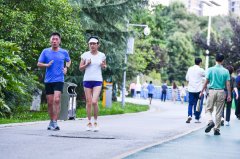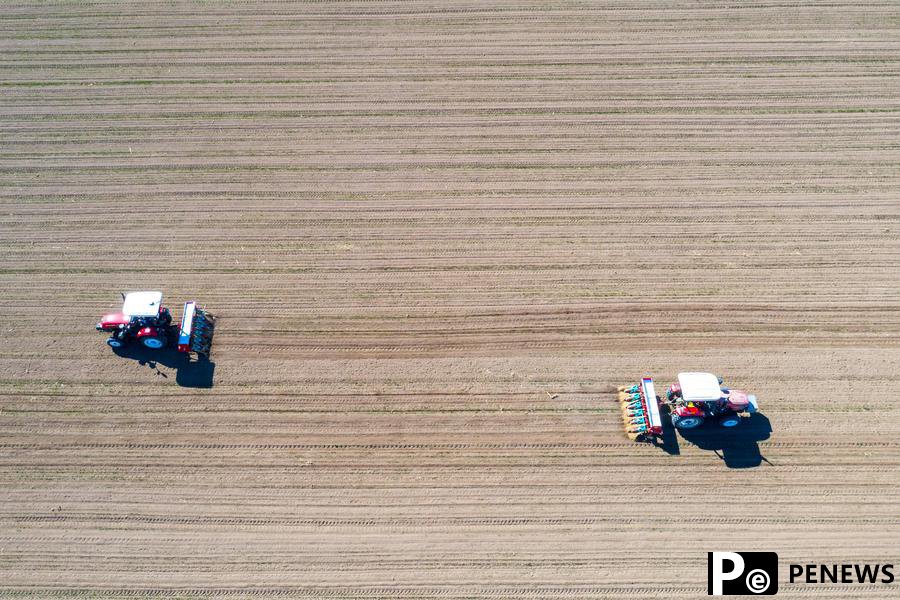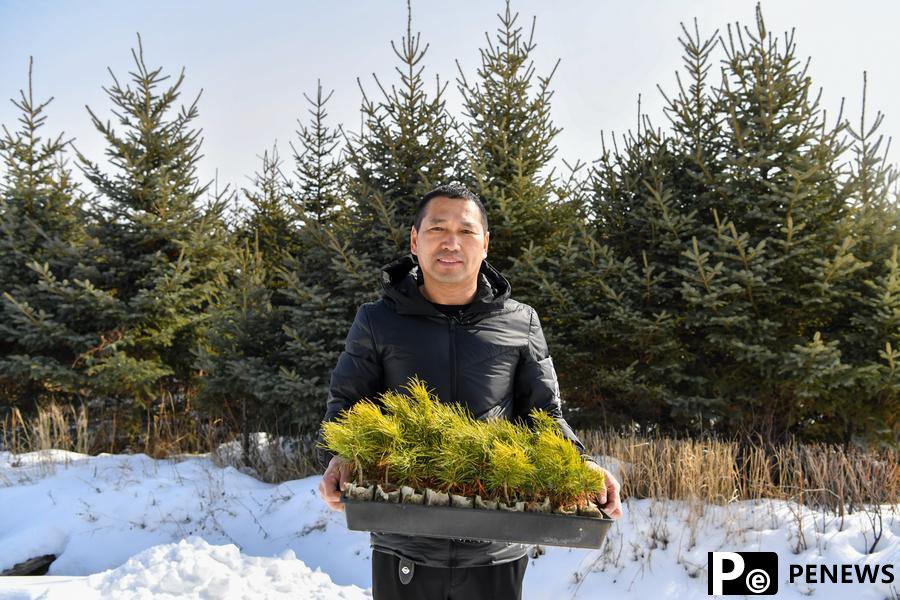Home>>
Revisiting Khesum: pioneer of Xizang's democratic reform(Xinhua) 09:01, March 30, 2024
* In March 1959, democratic reform swept through Xizang, abolishing feudal serfdom and ushering in a new era of freedom.
* Xizang has progressed from poverty to prosperity and from autocracy to democracy.
* Khesum, pioneer of Xizang's democratic reform, has taken on a completely different look.
LHASA, March 29 (Xinhua) -- While Sonam Dondrup's great-grandson, a fourth-grader in southwest China's Xizang Autonomous Region, indulges in basketball and cartoons, and dreams of becoming a policeman, his own childhood was starkly different.
It was marked by relentless labor on farmlands, living on meager barley flour soup, and being subjected to frequent whippings and beatings. Dreams seemed impossible amidst the harsh reality of serfdom.
He was one of 302 serfs and slaves at Khesum Manor under Surkhang Wangchen Geleg, a senior official with Xizang's local government at the time.
Sonam Dondrup's father was a serf, and it seemed inevitable that his descendants would share the same fate. However, in March 1959, democratic reform swept through Xizang, abolishing feudal serfdom and ushering in a new era of freedom.
Located some 160 km from Lhasa, the regional capital, Khesum is today home to 880 residents and is easily accessible by car or train. It has taken on a completely different look, featuring Tibetan-style villas, a library, a clinic, grocery stores and a public square.
Ahead of the Serfs' Emancipation Day this year, which fell on Thursday, the pioneering community in Xizang's democratic reform has once again captured attention.
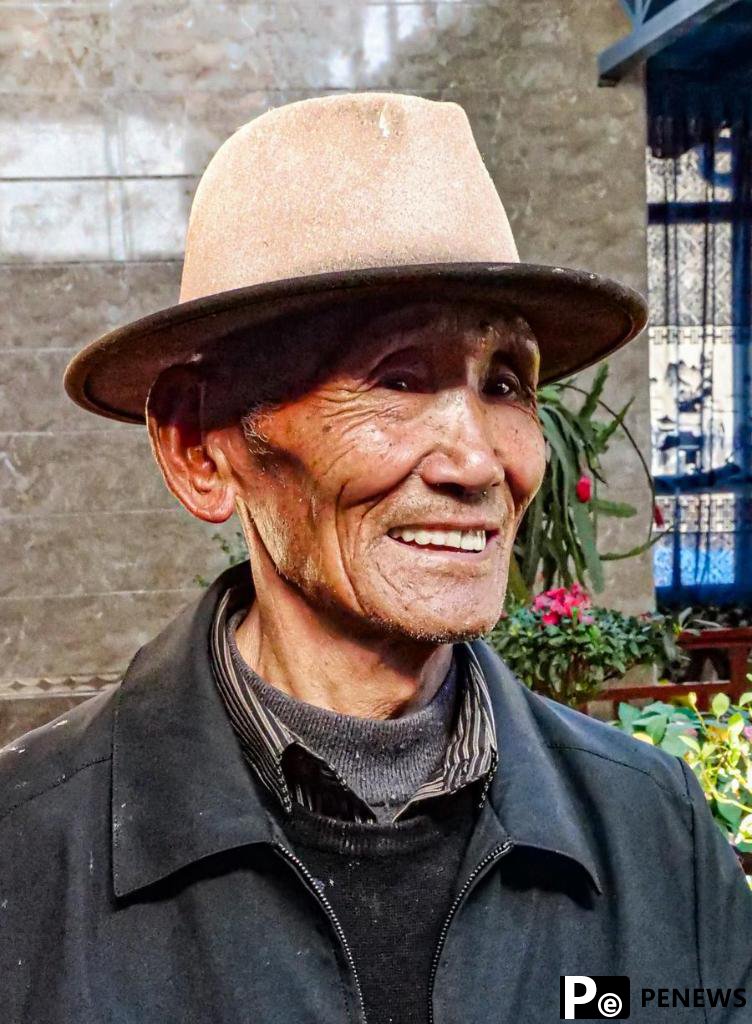
Sonam Dondrup is pictured at his home in Khesum, southwest China's Xizang Autonomous Region, March 1, 2024. (Xinhua/Purbu Tsering)
BYGONE DARK DAYS
Around the time when Sonam Dondrup was born, the blight of slavery had largely been eradicated from the face of the Earth, yet Xizang was still firmly in its clutches.
Between the ages of 8 and 16, he endured the harsh realities of Khesum Manor. His days were consumed by toiling in the fields or aiding the manor steward on grueling treks. Nights offered little comfort, as his family of nine squeezed into a drafty adobe house. Illness brought further hardship with no medical care available.
"Roll calls were a daily occurrence. Sleeves had to be rolled up and hats removed. Failure to do so meant a beating," the 82-year-old said.
Annually, each laborer had to do over 210 days of unpaid work for the three estate-holders: Surkhang Wangchen Geleg, the local government, and a monastery.
Additionally, each laborer had to contribute over 800 kilograms of grain and 100 liang (about 5 kg) of Tibetan silver per year, all while enduring numerous taxes and corvees, including those levied on every birth and death.
Yet the most horrific aspect of serfdom was the brutality and torture. The laws of old Xizang allowed the estate-holders to deny all human rights to their serfs, who could be bought and sold, thrown in jail, or even killed at will.
Once, when Sonam Dondrup arrived late in the fields, "the steward of the manor whipped me mercilessly until I lost consciousness," he recalled. But he considered himself fortunate compared to others.
In Lhasa's memorial hall, commemorating serf emancipation, black and white photographs vividly depict the brutality of that era. Documentation of Chungkyi blinded, Tseringta crippled, Palbon noseless and an unnamed serf tongueless serves as a haunting reminder of the cruelty.
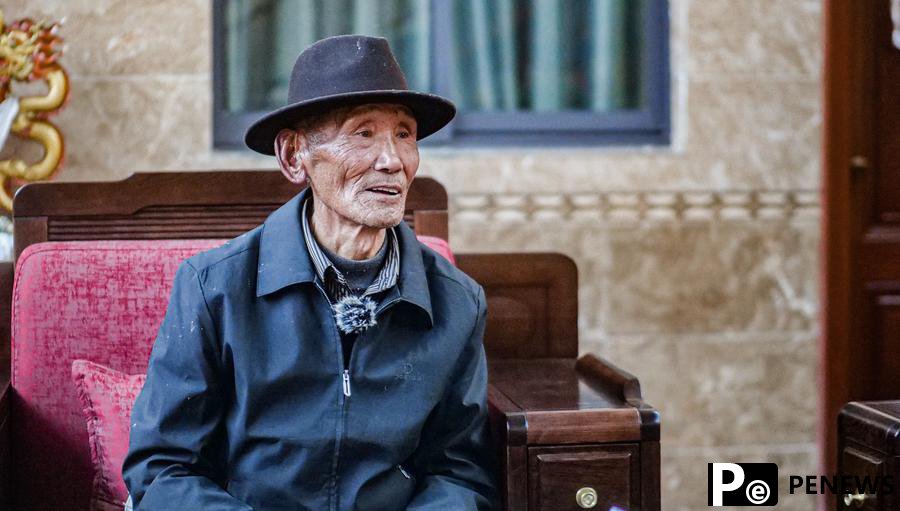
Sonam Dondrup talks about the development of Khesum in southwest China's Xizang Autonomous Region, March 1, 2024. (Xinhua/Purbu Tsering)
LAND, KNOWLEDGE AND FREEDOM
On June 6, 1959, serfs in Khesum exercised their voting rights for the first time, electing the preparatory committee of the first association of peasants in Xizang. In December of the same year, Xizang's first rural Party branch was established there.
"Life has undergone earth-shaking changes, which is a world away from the past," said Sonam Dondrup, whose family was given 20 mu (about 1.3 hectares) of land, a donkey and a yak following the democratic reform.
He attended night school, eventually becoming a cadre in Khesum. Two of his children graduated from college and work in telecommunications, while the third runs a car rental business.
Xizang is the first provincial-level region in China to provide 15 years of publicly funded education from kindergarten to senior high school, standing in stark contrast to the past when access to education was limited to the nobility.
"If it weren't for the democratic reform, I would have been destined to become a serf within a local monastery," said Pasang, 75.
Khesum's first elementary school welcomed over 50 children, including Pasang, who would later help manage the community's rice noodle processing plant.
A grandson of former serfs, 55-year-old Sonam Tsering, has embraced Khesum's transition to mechanized agriculture in the 1990s.


